Embracing the New Year with Free and Open-Source Software (FOSS)
As we embark on a new year, it’s an ideal time to explore the world of Free and Open-Source Software (FOSS). FOSS is not just about free access; it embodies a philosophy of community-driven collaboration, transparency, and freedom.
Why Use FOSS?
- Transparency and Security: FOSS projects are open for scrutiny by anyone. Their source code can be examined, ensuring there are no hidden functionalities compromising user privacy or security.
- Community Collaboration: FOSS thrives on community contributions. This collaborative approach often results in more robust, innovative, and user-centric software.
- Cost-Effectiveness: Most FOSS applications are free to use, reducing dependency on costly subscriptions or licensing fees.
- Flexibility and Customization: Users have the freedom to modify FOSS to suit their specific needs, promoting a more personalized experience.
FOSS Alternatives to Popular Apps
WhatsApp: Signal

Signal stands out as a secure and privacy-focused alternative to WhatsApp. It offers end-to-end encryption, ensuring your conversations remain private. In particular, Signal encrypts the metadata associated with your messages, such as the time and date of your conversations, which is something that causes privacy concerns with WhatsApp. The only information Signal collects is your phone number, which is used to create your account, and you can choose to hide your phone number from other users, ensuring your privacy. And unlike WhatsApp, which is owned by meta, Signal is a non-profit organization, relying on donations and grants rather than advertising. Signal is available for Android, iOS, and desktop.
Chrome: Firefox
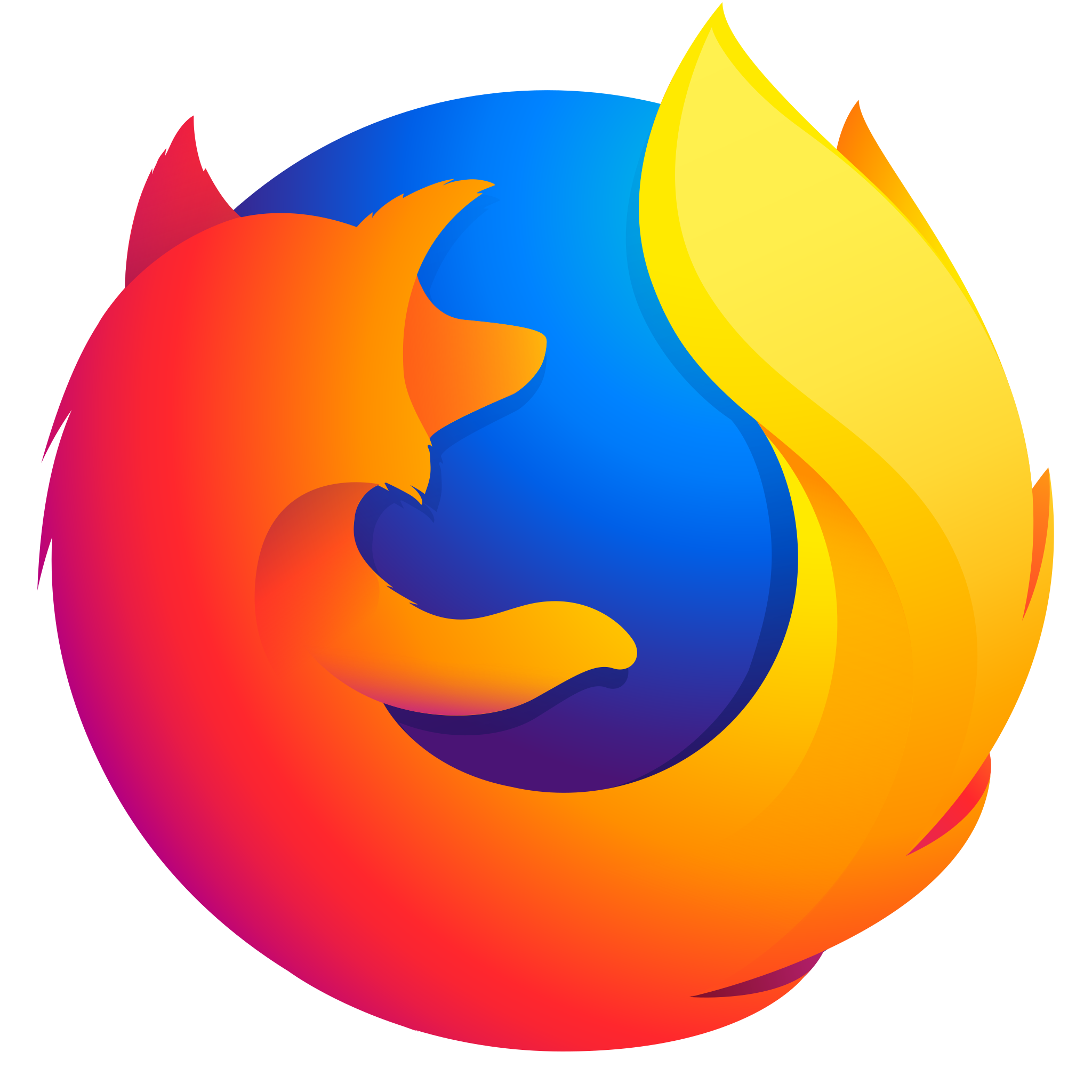
Firefox is a secure, open-source browser that offers a range of privacy features and customization options. It is available for Android, iOS, and desktop. Firefox also offers a range of extensions like U-block origin to enhance your browsing experience. Chrome is known for its data collection practices, and it is not possible to disable Telemetry in Chrome. Manifest v3, a new update to Chrome’s extension platform, will also limit the functionality of ad-blockers. So, it’s better to get out of that boat before it sinks. Although Firefox does collect some data, you can disable Telemetry in Firefox and opt-out of data collection by following the steps given here. It also has cross-platform support, so you can sync your data across all your devices.
YouTube: Invidious and NewPipe
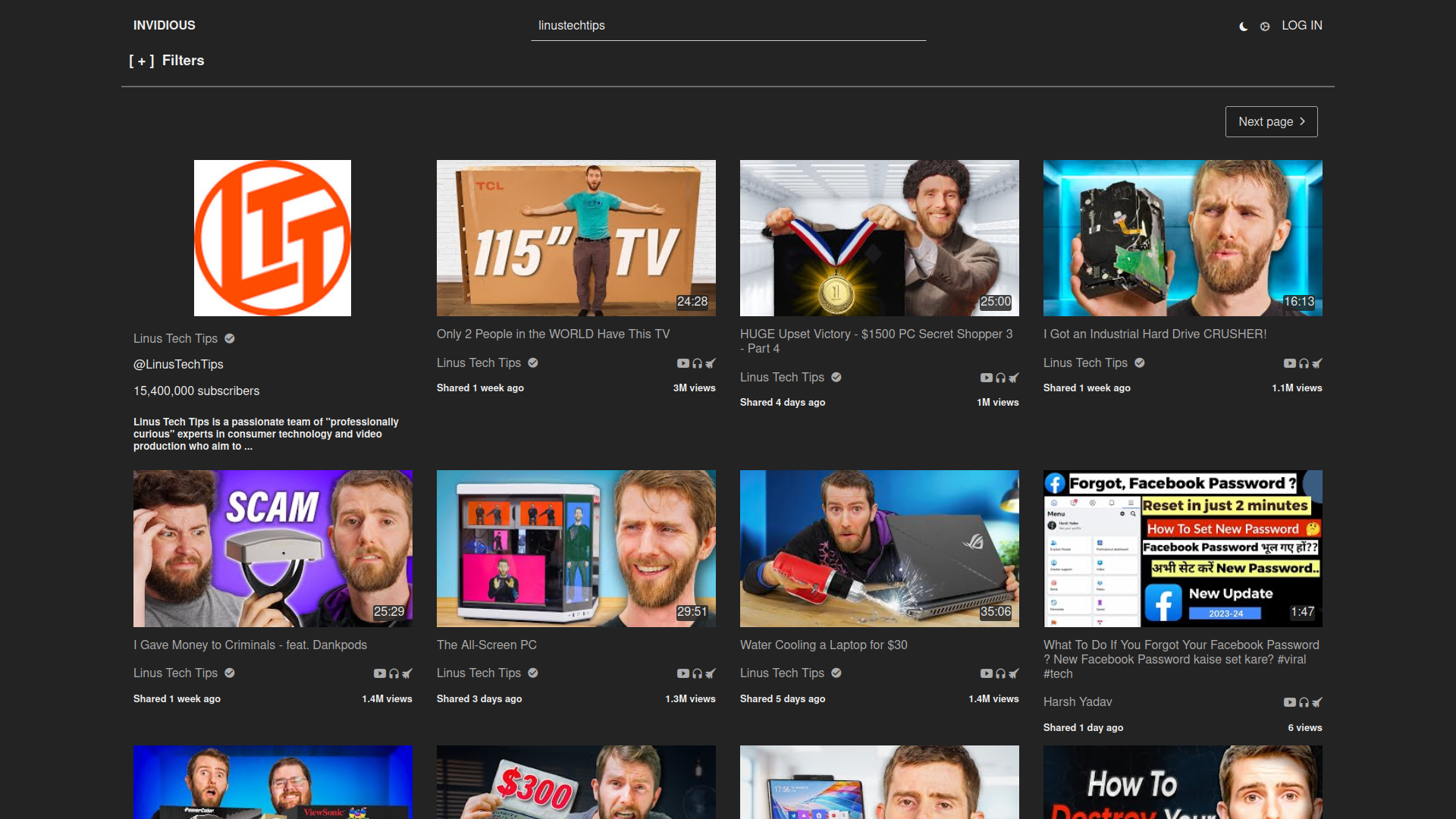
Invidious is a FOSS front-end for YouTube, offering a cleaner interface and enhanced privacy by preventing tracking. You can use Invidious in your browser from any of the available instances here or host your own instance. Most of the time, youtube might not load fast enough on our institute newtwork due to bandwidth issues. In such cases, it’s better to use any of the instances from the above link. The most popular instance is yewtu.be. NewPipe is a FOSS Android app that allows users to watch YouTube videos without ads and download videos for offline viewing. It allows you to do everything you can do on the YouTube app and more, like playing videos in the background, downloading videos, and playing videos in a pop-up window.
Google Docs: Etherpad
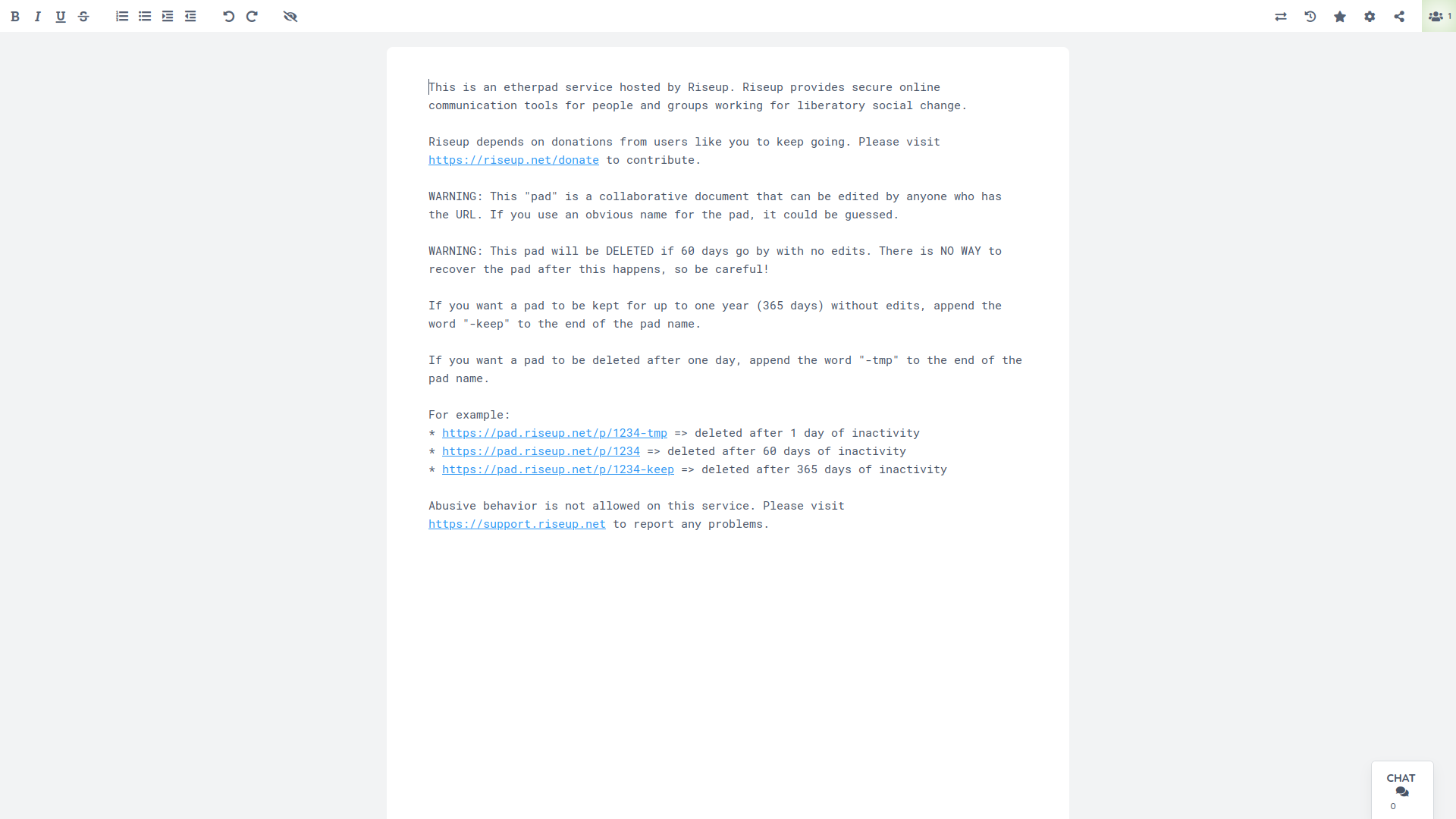
Etherpad is a collaborative editing tool, enabling real-time document sharing and editing, akin to Google Docs. It is very fast and lightweight, and doesn’t require any sign in or registration. Creating an etherpad quite simple. Just go to pad.riseup.net and create a pad. You can share the link with your friends and start collaborating. You can also create a pad with a custom name by going to pad.riseup.net/p/yourpadname. The etherpad here is hosted by Riseup, a non-profit organization that provides secure communication tools for people and groups working on liberatory social change. Once you create a pad, you can access and edit it in any device as long as you have the name of the pad.
If you want extra privacy, you can host your own instance of Etherpad and if you feel like you need more features, you can try making your own plugins for Etherpad.
Notion: Appflowy
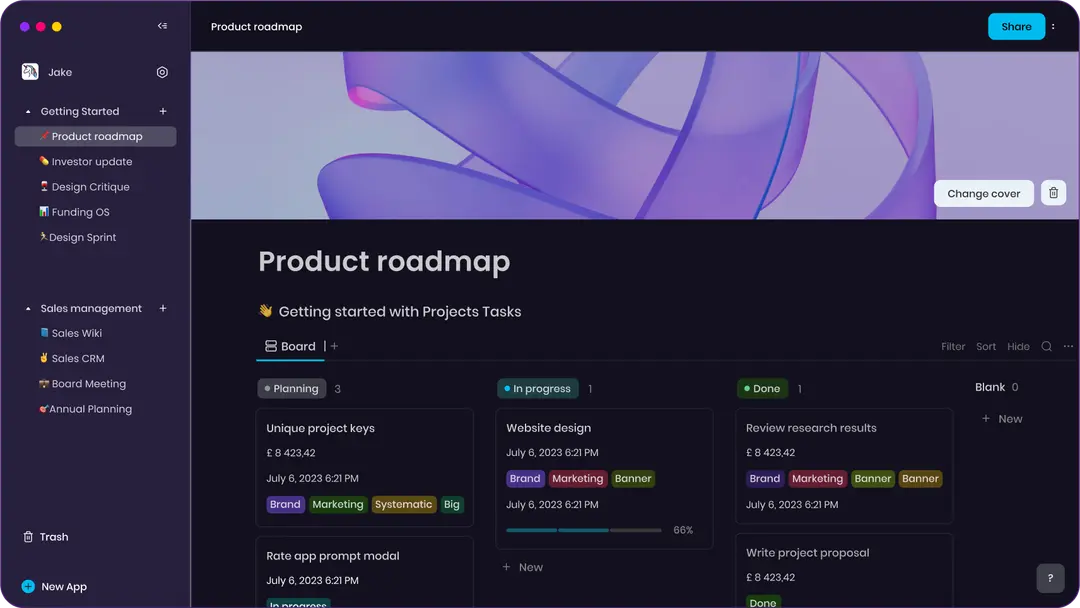
Appflowy is a FOSS alternative to Notion, offering a simple, intuitive interface for note-taking and task management. It is available for Linux, Windows, and macOS. It has a simple and intuitive interface, and if you are familiar with Notion, you will feel right at home. You can even use ChatGPT in the app by adding an API key from OpenAI.
It is yet to be released for Android and iOS, but you can be a part of it’s development by contributing to the project on Github.
Spotify: Spotube
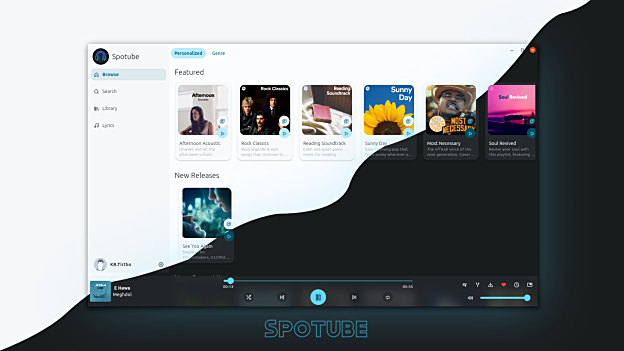
Spotube is a FOSS alternative to Spotify, offering a clean, ad-free interface for streaming music. It is available for Android, iOS, and desktop. It is a lightweight app and doesn’t require any sign in or registration. You can also download songs for offline listening. You can sign in to your Spotify account and import your playlists, and play your favorite songs ad-free. It is available on F-Droid and Github.
Video Player: VLC Media Player

VLC Media Player remains a versatile, open-source solution for playing a wide array of multimedia files, ensuring compatibility and customization. It is one of the most popular FOSS applications out there. It is available for Android, iOS, and desktop. It doesn’t have any ads and is completely free to use.
Conclusion
This new year, consider embracing FOSS as an alternative to proprietary software. Not only does it offer a range of powerful and secure applications, but it also aligns with principles of community, transparency, and user freedom. Make the switch and explore the world of Free and Open-Source Software for a more empowered and privacy-conscious digital experience.